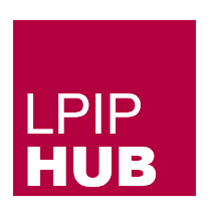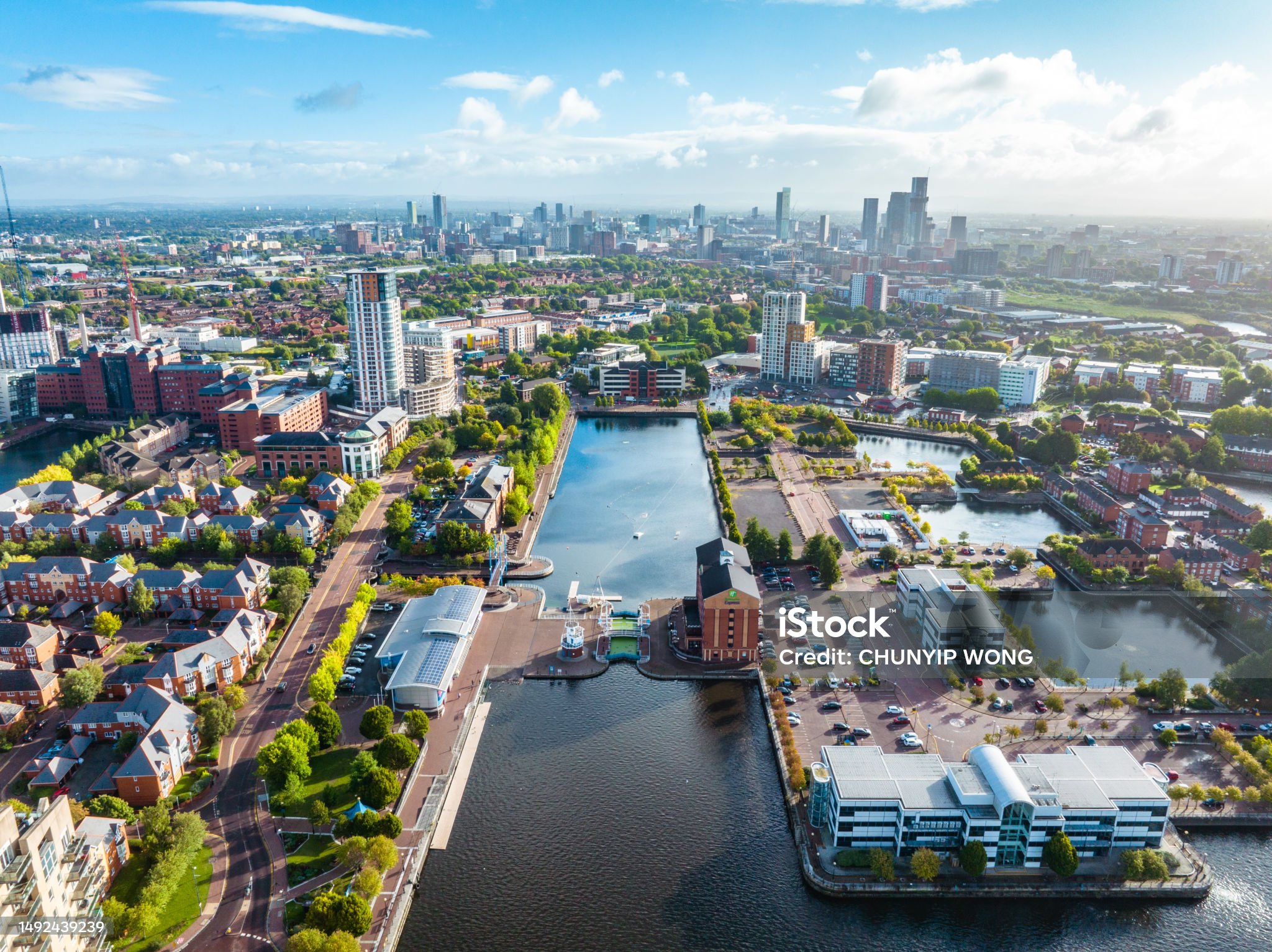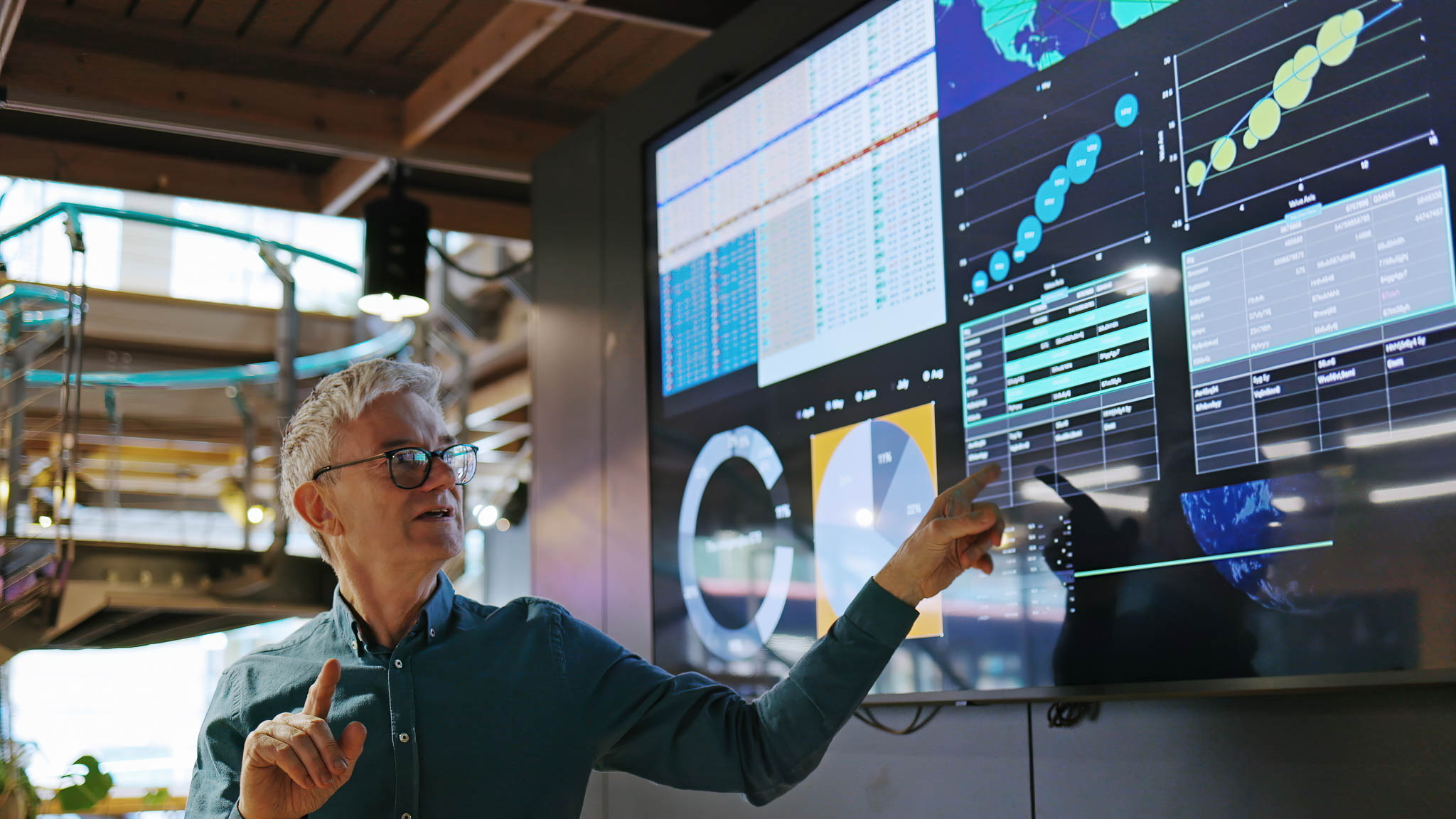It encompasses a wide range of topics, including electrification and decarbonising infrastructure, agricultural systems, transition community resilience and empowerment, climate mitigation and adaption, and transport and planning systems. This research aims to map the policy levers to tackle some of these issues at different spatial scales and to learn from best-practice case studies internationally to help ensure a healthier planet and more resilient communities.
About this research theme
Living and working in a greener economy means, first and foremost, reducing carbon emissions to levels that minimize global heating and prevent the worst impacts of climate change. In the UK, over 80% of GHG emissions come from five sectors: transport, agriculture, manufacturing, energy, and domestic consumption. To live sustainably in a greener economy, the focus is necessarily on reducing emissions, particularly in the five high-emitting sectors, in a way that minimizes economic disruption and maximizes well-being.
For nations and regions to make valuable contributions to reducing emissions, three key priorities exist:
1 – Removing Barriers
What are the barriers to achieving net-zero and how can policy at various levels address this? For example, are the barriers a lack of infrastructure investment, lack of political support, public support, or political resistance? Do barriers play out differently at different scales? If so, how?
2 – Just Transition
How can the transition to net zero be managed to minimize negative impacts on workers and communities currently dependent on industries with high carbon emissions (like the Midlands)? What strategies are needed for a just transition that prioritizes social and economic equity?
3 – Greening the global supply chain
The indirect impacts (scope 3 emissions) of a carbon-intensive supply chain and concerns about exporting responsibilities.
This research theme aims to better understand the powers available at national and regional scales to act on environment and well-being. It also seeks to learn from international case studies of best-practice.
The team
Dr Matthew Lyons (City-REDI) theme lead
Dr Charlotte Hoole (City-REDI)
Reports
Living and Working More Sustainably in a Greener Economy













